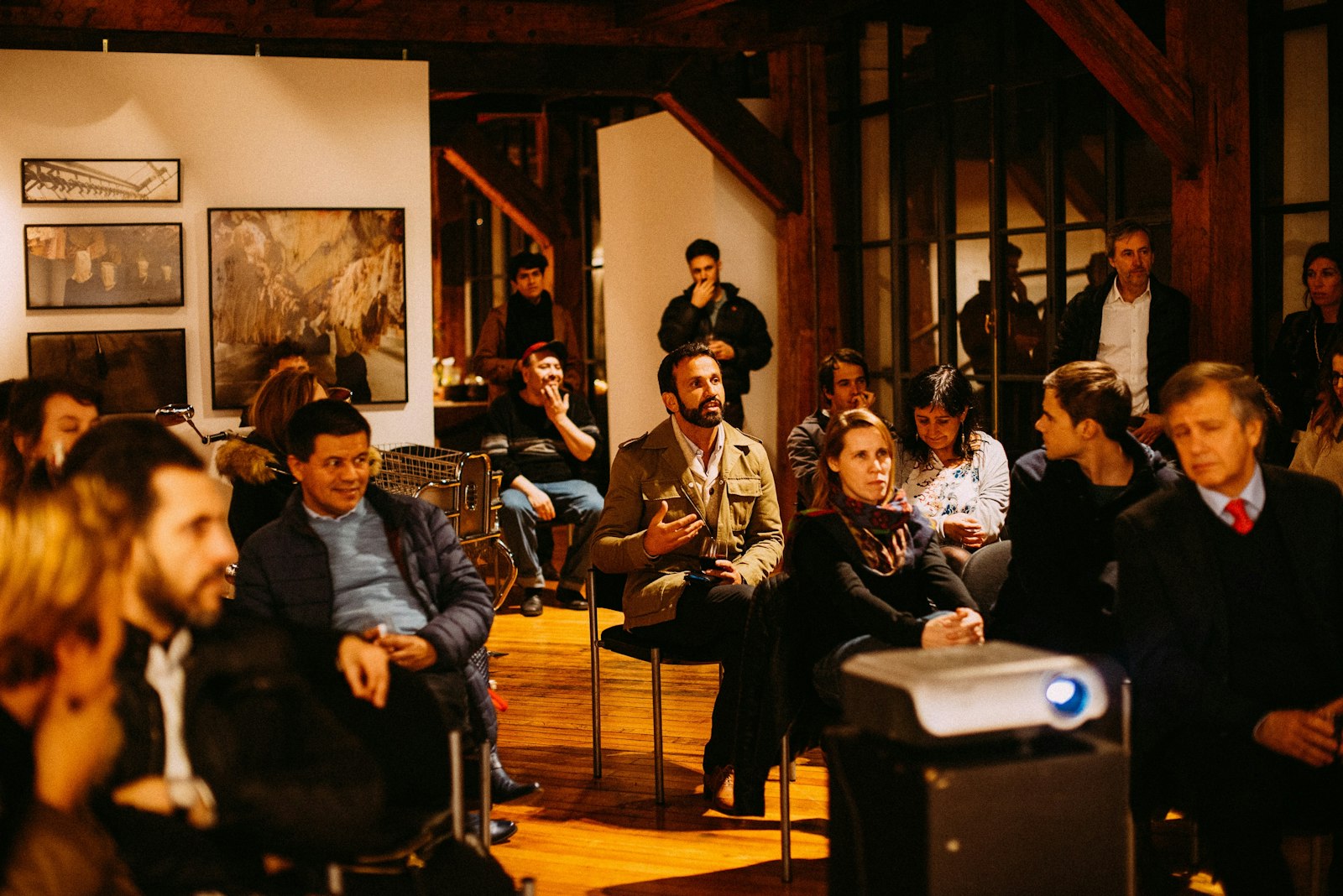

Every February 21st for the past 25 years, International Mother Language Day has been officially celebrated. At a time when linguistic diversity is increasingly threatened as languages disappear, it's a good time to remember the need to preserve and promote mother tongues.
Did you know that the initiative for this International Day came from Bangladesh? At UNESCO's General Conference in 1999, Bangladesh proposed the establishment of an International Mother Language Day every February 21st.
The amendment states that “everything done to promote the dissemination of mother tongues will serve not only to encourage linguistic diversity and multilingual education, but also to raise awareness of the world's linguistic and cultural traditions, and to inspire solidarity based on understanding, tolerance and dialogue”.
These are necessary objectives, because despite some progress, 40% of the planet's inhabitants do not have access to education in a language they speak or understand. Studies show that people who are not taught in their mother tongue are more likely to be left behind later in life.
In a globalized world where local languages are sometimes under threat, mother tongues raise many challenges. This is also the case in multilingual countries such as Canada, Belgium and Switzerland, where they can be a minority within society.
On this International Day, UNESCO is therefore calling on governments more than ever to offer multilingual education, to encourage intergenerational learning and the fruitful coexistence of languages.
The amendment also states that this day commemorates “the martyrdom of those who, on that very day in 1952, gave their lives for this cause”. What exactly is the event in question?
In 1948, strong economic, cultural and linguistic tensions arose between East and West Pakistan. They came to a head when the West Pakistani-dominated government declared Urdu the sole national language.
Numerous protests broke out, including one at Dhaka University. On February 21, 1952, the police opened fire and killed four students who had come to demonstrate for the right to use their mother tongue. History finally proved them right in 1956, when Bengali became one of the national languages of Pakistan and, in 1971, the official language of independent Bangladesh.
That's why February 21, 1952 is engraved in the hearts of Bengali speakers. The establishment of this international day not only celebrates the diversity of languages around the world, but also commemorates those who gave their lives to defend them.
This International Day is an opportunity to recall the contribution of companies like Alpha Translation & Interpretation to the preservation of mother tongues, through projects dedicated to local and minority languages, for example. The mastery of terminology and interpretation will always be committed to respecting cultural specificities.
As for the worldwide celebrations, they focus on a theme each year. In 2025, we celebrate the 25th anniversary of this day and take stock of this first quarter-century.
The event organized at UNESCO headquarters, “Languages Matter: Silver Jubilee of International Mother Language Day”, aims to highlight the ever-renewed urgency of building an inclusive and sustainable world.
In Bangladesh, International Mother Language Day is a central public holiday. Known as Shohid Dibosh (in Bengali) or Language Martyrs' Day, it is a time to celebrate Bangladeshi culture and to express support and solidarity with all peoples struggling to preserve their cultures and mother tongues.
In conclusion, let us simply recall on this February 21 the words of former UNESCO Director-General Kōichirō Matsuura, who said in 2002: “Today more than ever, let us seek understanding and recognition of other peoples and cultures by respecting their languages and the ways of thinking that are expressed through them.”